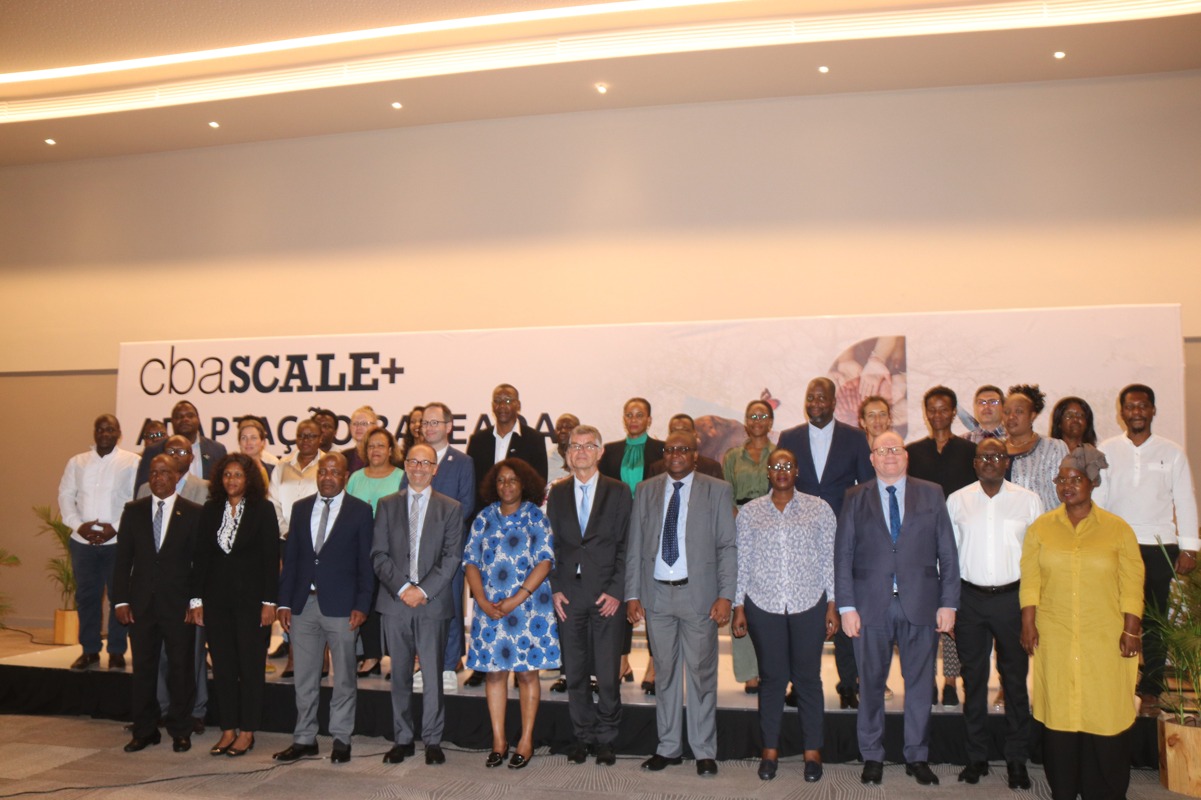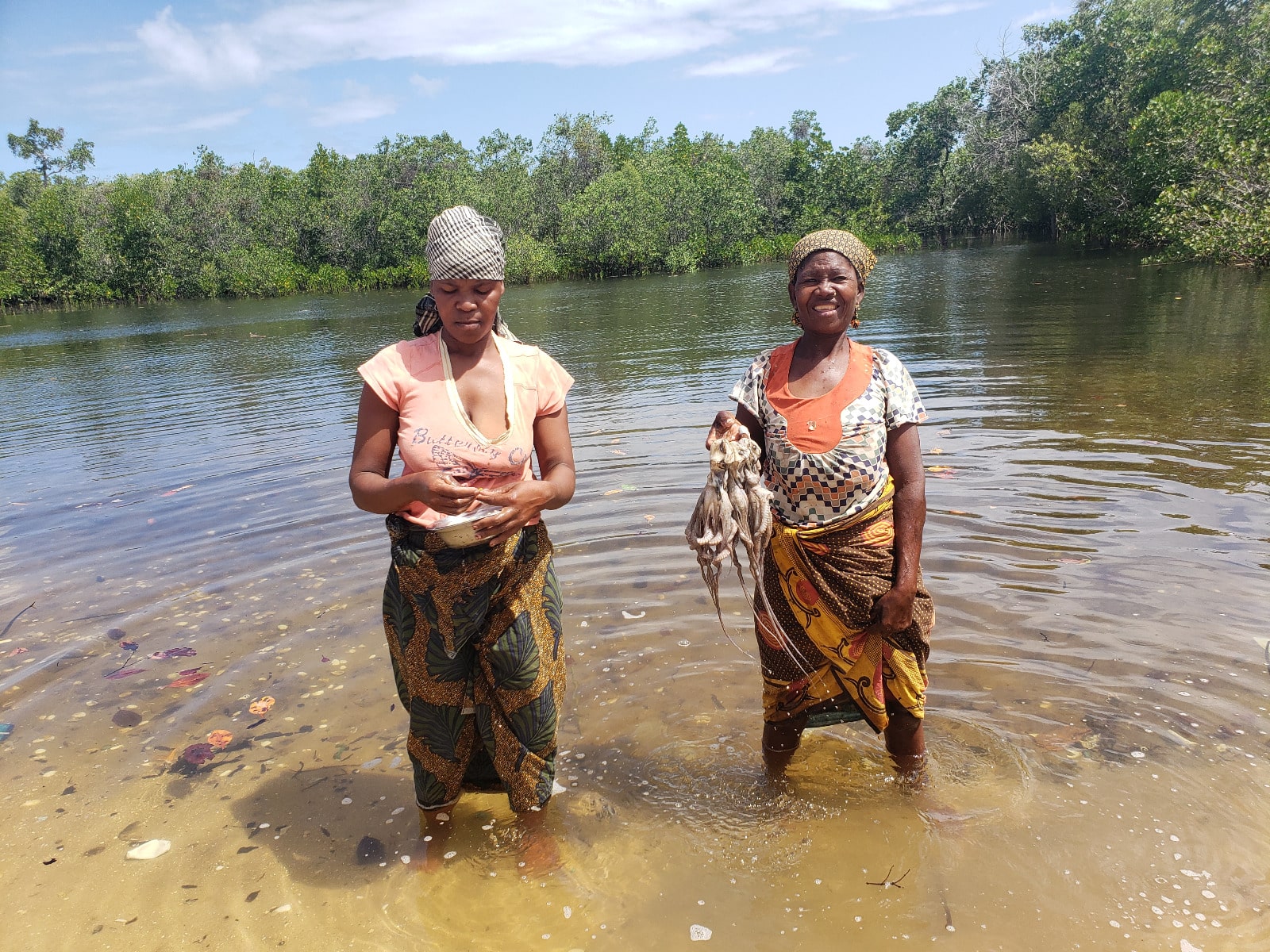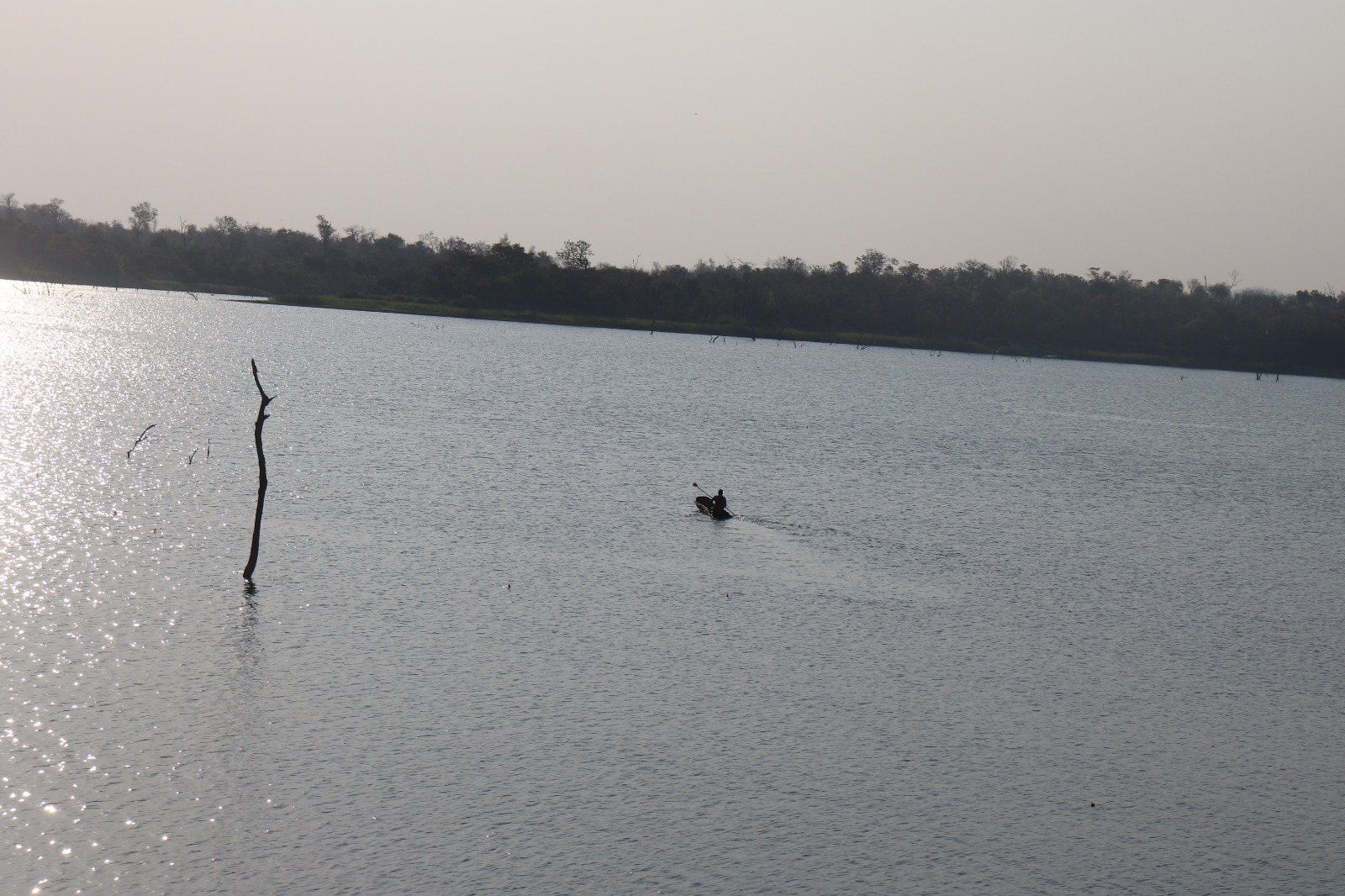Engaging Mozambique’s business and financial sectors on biodiversity
Through BIODEV2030, IUCN is joining forces with the Confederation of Economic Associations (CTA) in Mozambique to accelerate voluntary private sector commitments that will help the country meet its national biodiversity goals.
“By taking a multi-sectoral approach, the business and finance sectors have generated new ideas and resolve to help tackle biodiversity loss and identify possible actions in their operations and policies,” said Maurício Xerinda, Head of Office, IUCN Mozambique.
In addition to finance, key sectors are engaged in discussions on how to contribute to the country’s National Biodiversity Strategy and Action Plan (2015-2035). Based on an earlier science-based diagnosis of threats to biodiversity, the project identified six priority sectors: sugar cane, soya, shrimp, crab catch, heavy sands and natural gas.
Interaction with the private sector and financial institutions
Reports show the country’s species and ecosystems face increasing threats due to habitat loss and other disturbances. Under BIODEV2030, IUCN and CTA’s Land and Environment Department signed a Memorandum of Understanding in June 2022, to mobilise the private sector to help protect and restore biodiversity.
BIODEV2030 is also working in close collaboration with the National Directorate of Environment (DINAB), the focal point for the Convention of Biological Diversity (CBD), to encourage the private sector to mainstream biodiversity conservation in their practices.
Together, IUCN, CTA and the DINAB held two workshops with the private sector: one in Maputo in April and another one in Quelimane in May. The workshops called for private sector action on biodiversity to support the implementation of Mozambique’s national biodiversity goals and on climate to contribute to the country’s Nationally Determined Contribution (2020-2025), under the Paris Agreement.
During the workshops, two examples of good practice were presented: one by Kenmare, a heavy sand mining company; and, another by ECOFARM, a company producing organic sugar in the centre of Mozambique. Other examples of clean production were presented by GreenLight Africa. The natural capital concept was also presented by WWF to participants in the Maputo workshop.
The multi-sectoral meetings, combined with bilateral meetings with representatives from the different sectors, have proven essential in generating interest and identifying possible contributions from various actors in the transition to a more sustainable economy. The workshops have also reinforced the instrumental role of the private sector in achieving a vision of living in harmony with nature and reducing global warming by 1.5ºC by 2050.
“There is no one more interested in making sustainable use of ecosystems than the industrial fisherman. The multi-sectoral discussion is important since action in one sector can negatively affect others, as they all exploit the same biomass,” said Muzila Nhatsave of the Mozambican Association of Industrial Shrimp Fishing Shipowners (AMAPIC).
Implementing a sustainable transition depends, in part, on the costs, available financing and other enabling conditions. For this reason, BIODEV2030 also held a series of meetings with financial institutions in May and June 2022. These meetings identified a number of opportunities to attract and incentivise economic actors in green and blue investments. They included:
- Ensuring the Central Bank has coordinated policies that promote sustainability;
- Integrating green and blue investment opportunities into the investment law that is under review;
- Creating a “polluter pays” tax that favours biodiversity and the climate;
- Establishing competitive rates for environmentally sustainable initiatives with conditions; and,
- Seeking partners that can provide institutional support, so banks have more flexibility and less risks to invest in voluntary commitments.
Next steps
In September 2022, a multi-sectoral workshop will share the results of the situational analysis exploring the opportunities and challenges for implementing sectoral voluntary commitments. The workshop will also discuss the level of ambition needed in the different sectors and showcase some examples of good practices from the analysis.
By October, it is expected that all of the key sectors will discuss the action plans and the actors’ roles and responsibilities to implement the voluntary sectoral commitments, creating a community of practice before the project ends in December 2022.
BIODEV2030 is funded by the French Development Agency (AFD), coordinated by Expertise France, implemented in eight countries by IUCN and another eight by WWF.





